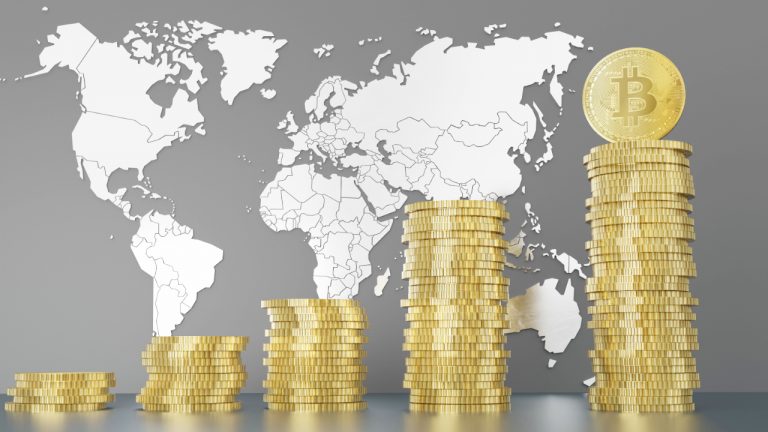Bitcoin remittances to El Salvador jumped more than fourfold in May from the previous year, according to data from blockchain analytics firm Chainalysis. Last week, El Salvador passed a bill making bitcoin legal tender in the country alongside the U.S. dollar.
- The monthly bitcoin transfers of under $1,000 to El Salvador totaled $1.7 million in May, representing more than a 300% increase from $424,000 the previous year, Reuters reported, citing data from blockchain analytics firm Chainalysis. The monthly bitcoin transfers to the country peaked in March at $2.5 million.
- While remittances using bitcoin have soared, they are still a small portion of total remittances to the country. According to the World Bank, remittances using traditional money totaled nearly $6 billion in 2019, and about 95% of total remittances in the first quarter of this year came from Salvadorans working in the U.S.
- El Salvador became the first country in the world to make bitcoin legal tender when its congress passed President Nayib Bukele’s bitcoin bill last week. The country is now focusing on bitcoin mining using energy from volcanoes, which aims to be “very cheap, 100% clean, 100% renewable” and with “0 emissions.”
- Several organizations have voiced concerns over El Salvador’s move to make bitcoin legal tender, including the International Monetary Fund (IMF) which warned the country of legal and economic issues last week.
- Ratings agency Moody’s said last week that El Salvador’s bitcoin law “carries risks for the financial system, the stability of the country’s monetary regime and signals a lack of a coherent economic framework.”
- Meanwhile, an official with the Bank of International Settlement (BIS) called the bitcoin law in El Salvador an “interesting experiment” but said it did not change the bank’s approach to cryptocurrency. The president of the European Central Bank (ECB), Christine Lagarde, similarly said the ECB’s policy is unaffected by El Salvador’s bitcoin law.
What do you think about the rise in bitcoin remittances to El Salvador? Let us know in the comments section below.




















